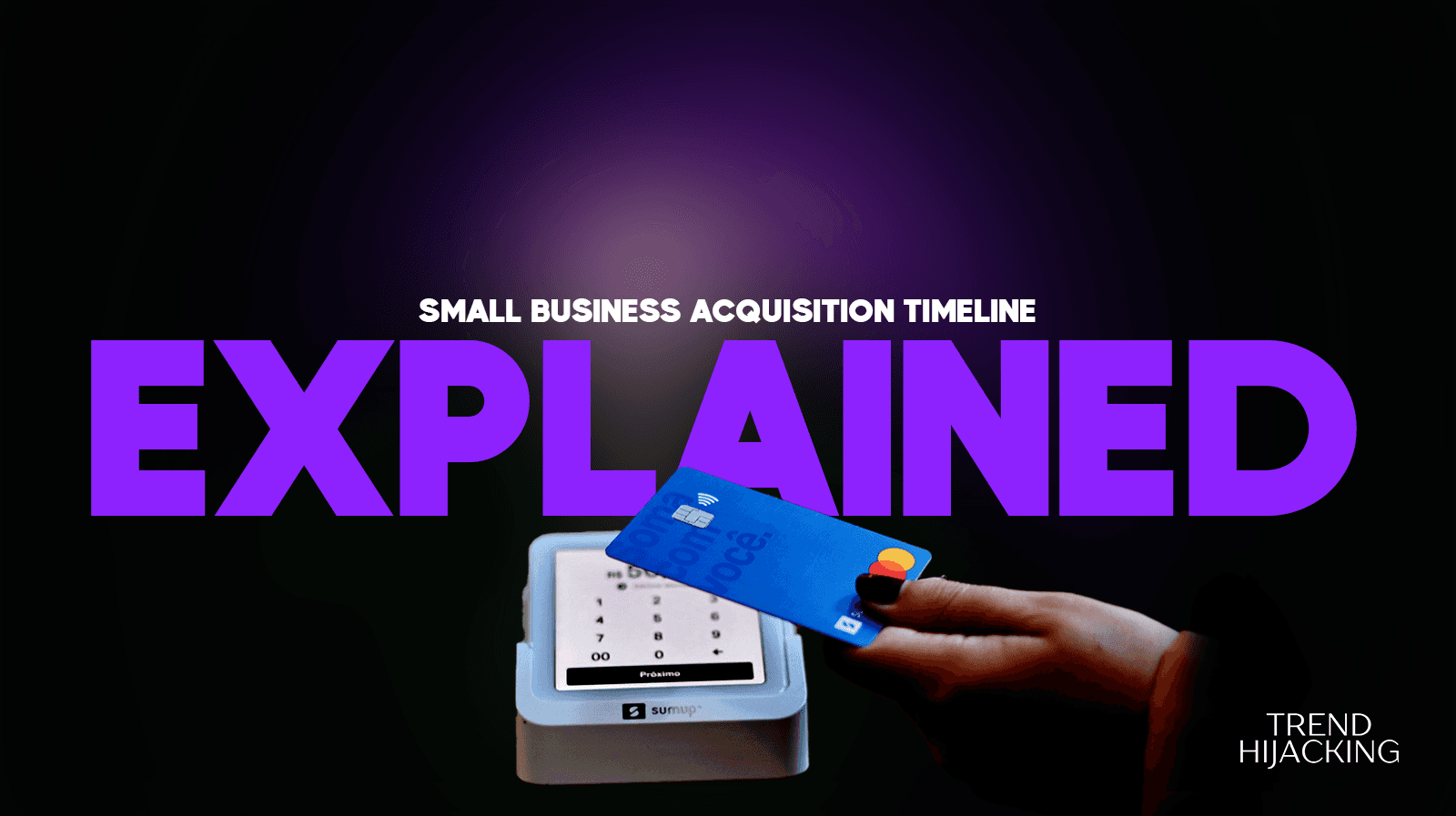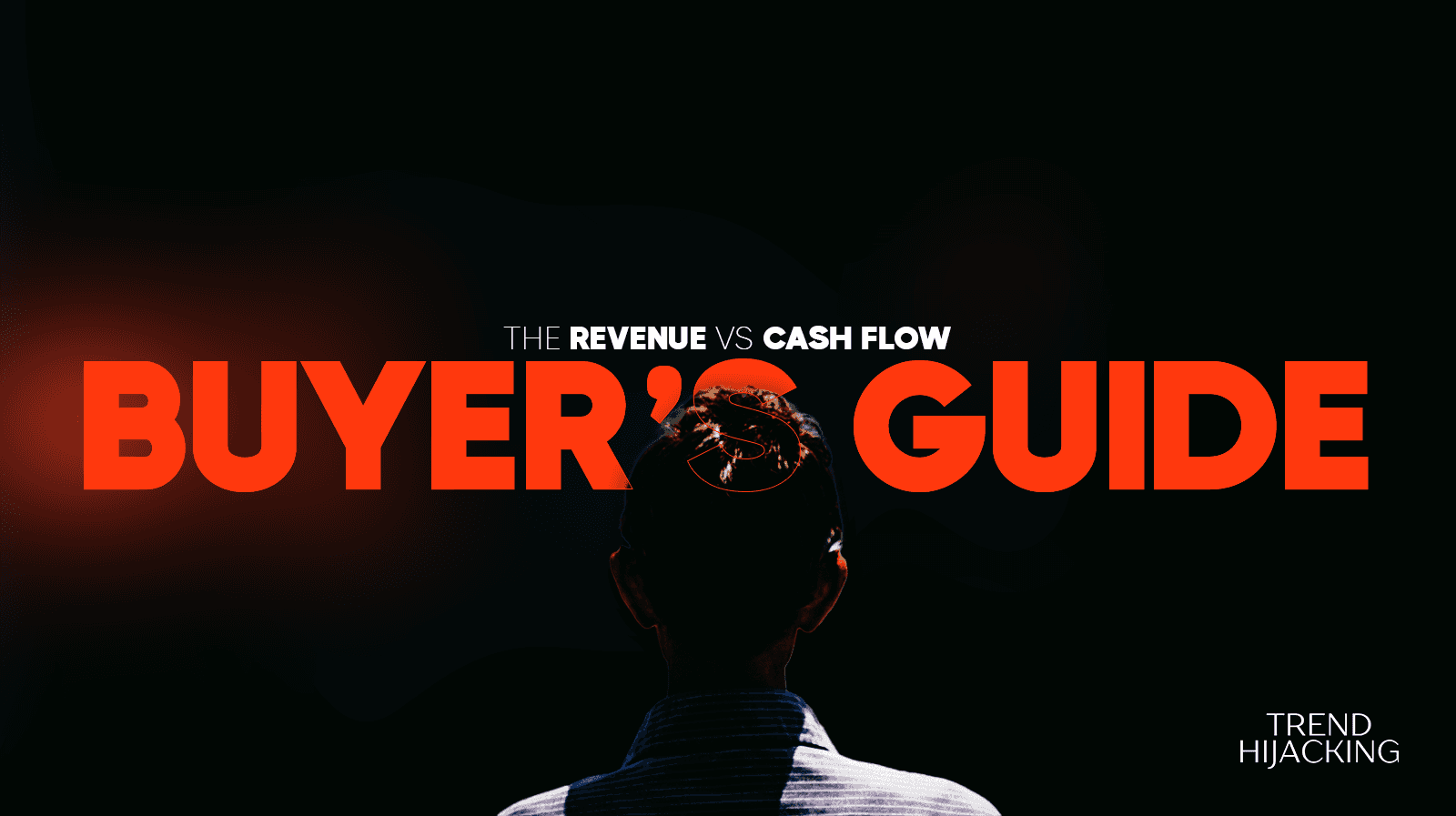
Should I Run a Multiple-product Store In 2026? — Here’s Your Answer
One problem almost everyone who decides to get started with e-commerce faces is the constant dilemma of picking what kind of store to run.
By this, I mean whether or not to center their store around one product — or to spread their tentacles and import whatever their audience may enjoy.
Many store owners have closed down their stores for making the wrong decision during this important phase.
That’s why in this blog, I’ll show you the pros and cons of running a multiple-product store, whether it is the most ideal for scaling, and my personal opinion based on stores I’ve launched and scaled for myself and others.
So let’s get into it by looking at the pros of running a multiple product store.
Pros Of Running a Multiple Product Store
The following are some of the pros of running a multiple-product store:
#1: Diversified Revenue Streams
By listing multiple products on your store, you get more streams from which revenue comes in.
This is because listing multiple products allows you to tap into different segments of the market — somewhat unlike single-product stores.
A little bit of economics also allows us to understand that single sources of revenue can be detrimental when that source runs dry.
So having multiple products allows you to survive even if some of your products start underperforming.
#2: More Cross-selling Opportunities
Having a collection of products takes cross-selling to a whole new level. Check out this blog post where I talk about Cross-selling — amongst others.
With cross-selling the aim is to get your customers to buy more products using the guise of them being complementary to the last product they bought.
When you have multiple products, there’s usually a higher chance of getting products complementary to others.
This generally increases your AOV and CLV — both of which are metrics every store should aim to increase.
#3: Wider Audience Appeal and Visibility
Having more than one product in your collection also gets you better visibility and a wider audience appeal.
Remember how I talked about having multiple products helps you tap into different market segments earlier?
Well, being able to tap into different market segments also implies that you appeal to a wider range of people as compared to single-product stores.
And if your organic approach as well as other marketing strategies are spot-on, then you also get to enjoy increased brand visibility.
This is every brand’s dream, — at least those looking to grow — to attain a kind of visibility where their name becomes a household figure.
Now let’s look at the cons of running a multiple-product store.
We Help You Buy / Build, Manage and Scale E-commerce Brands for an EXIT
E-commerce Simplified for Busy Individuals – We handle the buying, building, and scaling, so you can focus on what matters.
Growth-Focused Strategies – From sourcing to marketing, we drive growth and prepare you for a profitable exit.
Expertly Managed Exits – We build a high-value brand designed for a Lucrative exit.
Cons of Running a Multiple-product Store
#1: Difficult Product-onboarding Process
Handling multiple products is difficult in and of itself.
Having to look at multiple analytics and metrics, as well as finding a way to piece everything together.
There could also be challenges that arise with listing the products in your store.
Luckily there are apps like DSers and other Shopify apps that allow you to seamlessly import products from suppliers into your store.
#2: Brand Dilution
Yes, multiple products tend to dilute your brand and image!
This is because customers usually associate your store with a certain niche which they may later remember your store for.
But if you decide to sell anything and everything, then you have your brand name to answer to.
A focused, niched-down brand is crucial for building a loyal customer base; but most multiple-product stores replace focus with potential short-term earnings.
In the long run, you’ll be able to see how much revenue you missed out on in terms of your Customer’s Lifetime Value.
This may not necessarily apply to clothing stores.
#3: Marketing Difficulty
Getting your product seen will become a whole lot harder as you’re trying to push out as many of your products as your ad spend can carry.
This not only leads to failed advertising efforts but as I said earlier on, a diluted brand.
It will also take up a lot of time and resources to set up ad campaigns.
Let’s look at this for a second:
Imagine running only 2 products — you will discover that the market requires you to come up with top-notch content and ads just to be able to compete effectively.
Now coming up with top-notch content and ads for these 2 requires loads of resources — not to imagine if you’re doing that for about 15 products!
The amount of resources and individuals required to do this is going to pinch especially if you’re just a beginner!
So take note of this.
#4: COMPETITION
You must have seen this coming as it is the biggest challenge multiple-product stores face.
Competition can be very brutal with whole brands getting swallowed up almost daily.
If you’re unable to meet up with coming up with top-notch content as I mentioned in the third con, then you might as well consider your store digested already.
The cons of setting up a multiple-product store outweigh the benefits of doing so, especially if you’re a beginner.
Understand that multiple products require loads of time and resources to get up, and I don’t use it to set up my stores that bring in about 5 figures per day in pure profit.
I preferably use single-product stores and in my 7+ years of experience, I must say that it’s the approach that has served me best.
My students would say the same if you asked any one of them.
So let’s look at why single-product stores outshine multiple-product stores…
Single-product stores vs. Multiple-product stores
Focused Branding:
Single Product Stores: The undeniable strength of a single product store is in its ability to build a laser-focused brand. With a single product, you can create a compelling narrative around your product, creating a niched-down brand identity that customers resonate with.
Multiple Product Stores: Juggling multiple products can dilute your brand message. It becomes difficult to maintain a proper brand identity when attending to multiple consumer needs and preferences.
More Effective Marketing Efforts:
Single Product Stores: Marketing becomes streamlined and highly targeted. Your entire ad strategy and campaign will revolve around promoting and enhancing the unique features of a single product, making it easier to resonate with a specific audience.
Multiple Product Stores: Managing marketing campaigns across various products can be complex. Allocating resources efficiently becomes a problem as you try to take care of different customer segments and their different interests.
Smoother Transition into a Brand from Dropshipping:
Single Product Stores: Building a brand around a single product allows for better control and ownership. You can customize the product, packaging, and overall brand experience, creating a unique value proposition.
Multiple Product Stores: With a wide array of products, customization options are limited, and it becomes challenging to establish a distinctive brand. Hence owning a product and getting customers that are loyal to a brand becomes overly difficult.
Simplified Customer Education:
Single Product Stores: Educating customers about the benefits and features of a single product is more straightforward. Marketing messages can be more concise, leading to quicker consumer understanding.
Multiple Product Stores: Each product requires its own marketing strategy, making it challenging to effectively communicate the unique value propositions of each of them. This can lead to a longer customer education process.
These 3 are the major reasons we use single-product stores over multiple-product stores.
If you want to find out how you can set up your store for success in this overly competitive e-commerce space, click here.
CONCLUSION
In e-commerce, the decision between running a single-product store and a multi-product store is important. While a multi-product store offers diversified revenue streams and broader audience appeal, its challenges — like difficult product onboarding, brand dilution, marketing difficulties, and intense competition — can overwhelm beginners.
From my 7+ years of experience, my verdict leans a lot toward single-product stores. Focused branding, streamlined marketing, and smoother transitions into a brand from dropshipping make them my preferred choice.
The decision ultimately rests with you. If you’re ready to shape your brand and set up a successful store, click here to book a call with our expert team. Once again, the choice to set up a successful brand is yours.
Before You Go, Let’s Keep in Touch⏬
We Help You Buy / Build, Manage and Scale E-commerce Brands for an EXIT
E-commerce Simplified for Busy Individuals – We handle the buying, building, and scaling, so you can focus on what matters.
Growth-Focused Strategies – From sourcing to marketing, we drive growth and prepare you for a profitable exit.
Expertly Managed Exits – We build a high-value brand designed for a Lucrative exit.
A Done-For-You E-commerce Business
Discover how we Build, Launch, and Scale a 6-figure/month Business for You
Learn more
The 6-Step Blueprint to E-Commerce Acquisition
See how we Acquire, Convert, and Scale with Real Case Studies to Prove It.


















